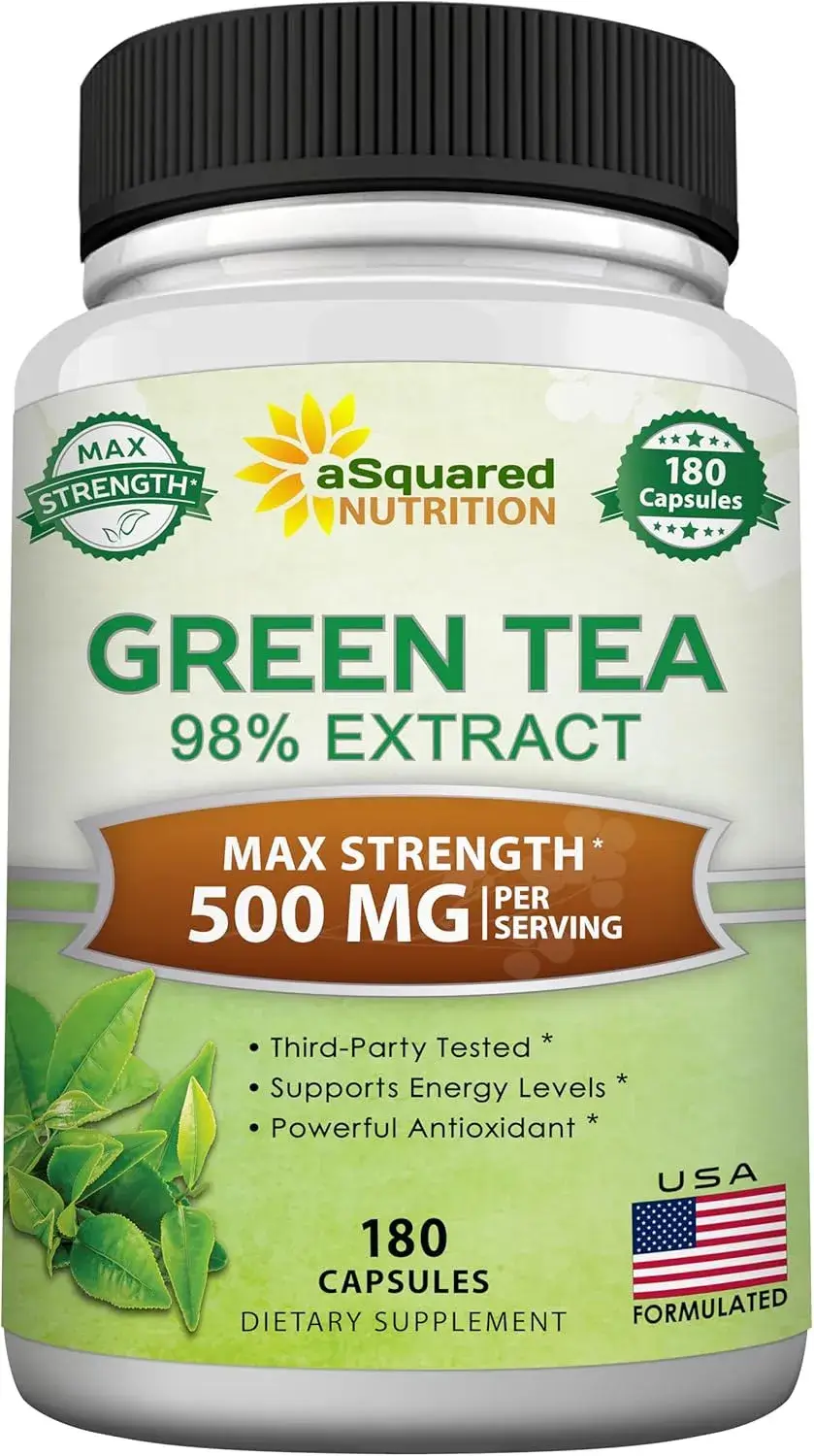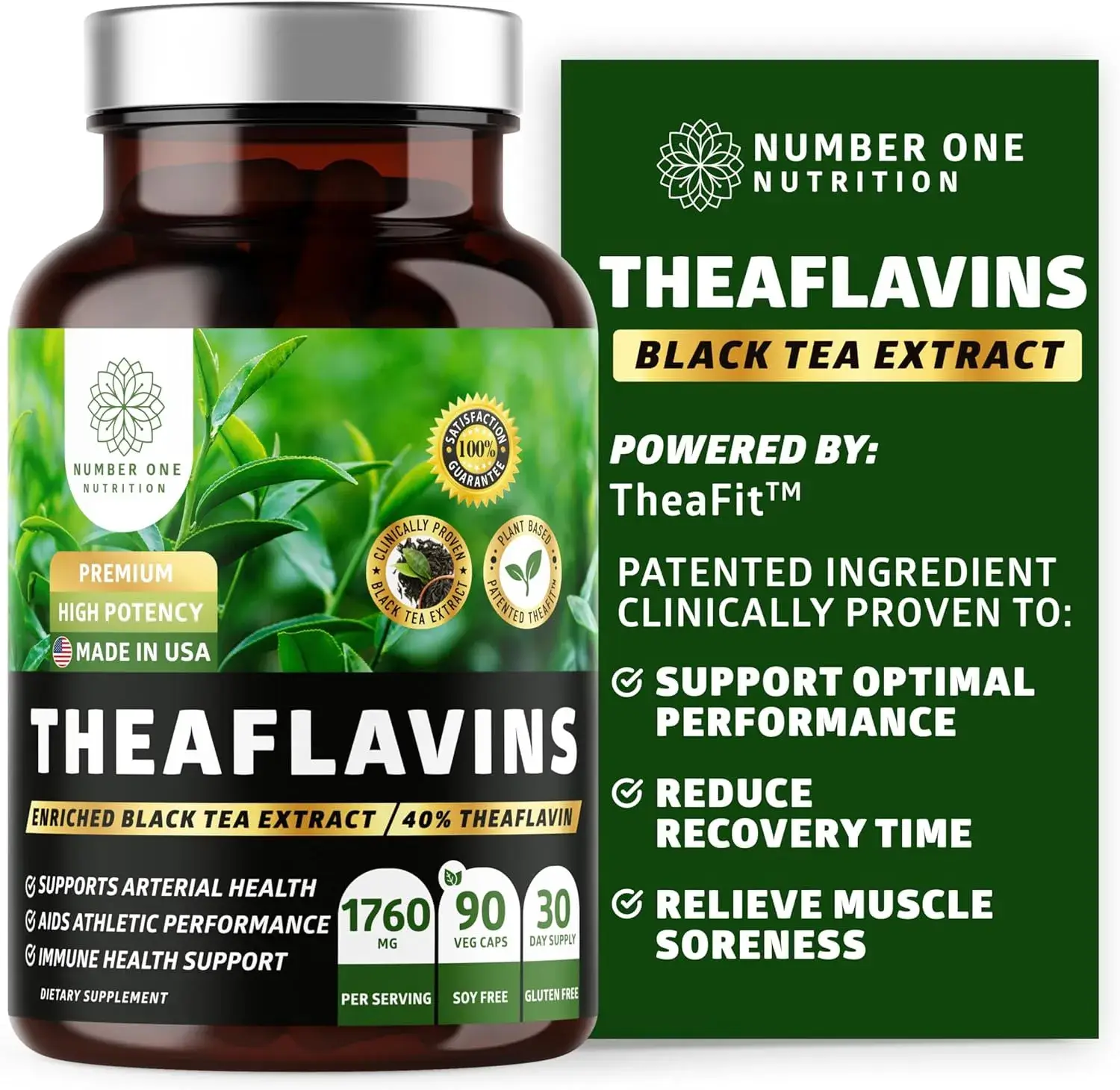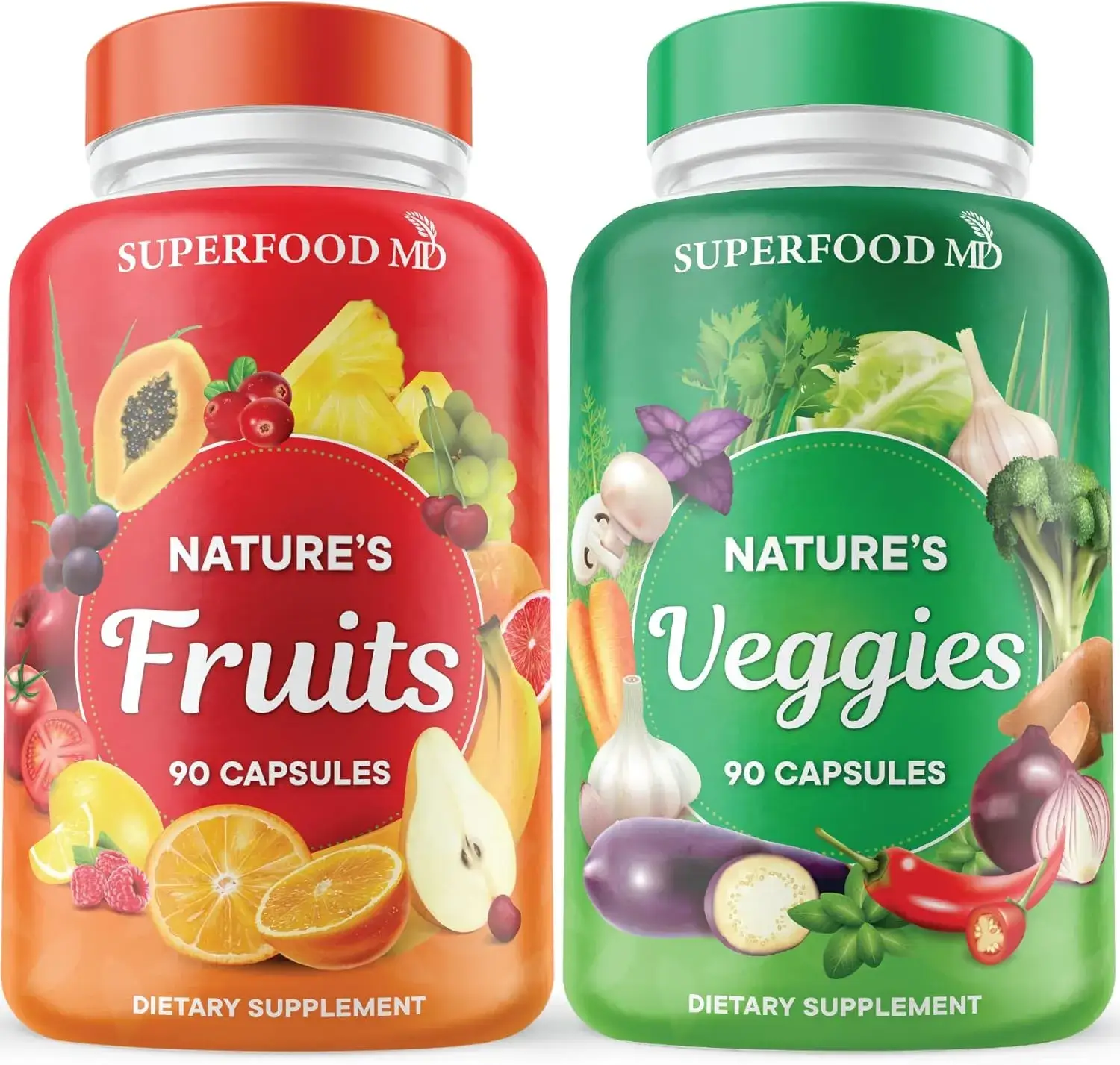Table of Contents
Tea, second only to water in global popularity, leads many of us to wonder how much tea to drink for benefits without overdoing it. We’ve all heard about tea’s health-promoting properties, but conflicting advice makes it challenging to determine the ideal daily amount.
According to research, drinking 3-5 cups of green tea daily is recommended for maximum benefits. In fact, studies indicate that green tea can help burn an additional 75-100 calories per day, while a three-month period of regular consumption has been linked to weight loss. For black tea drinkers, consuming 2-3 cups daily is associated with a 13% reduced risk of death from any cause compared to non-tea drinkers. However, experts caution that drinking more than 10 cups daily might be excessive.
In this comprehensive guide, we’ll explore the science-backed recommendations for different types of tea, explain how various teas support specific health goals, and help you determine your ideal daily tea consumption. We’ll also cover potential risks of excessive tea drinking and share practical tips to maximize the benefits of your daily cup.
How tea supports your health, according to science
The science behind tea’s health benefits goes far beyond simple hydration. Research demonstrates that various types of tea offer unique advantages through their distinct bioactive compounds.
Green tea and metabolism
Studies reveal that green tea contains powerful catechins that influence weight management. The epigallocatechin gallate (EGCG) in green tea effectively stimulates thermogenesis—your body’s heat production process. Notably, green tea extract increases 24-hour energy expenditure by 3.5% compared to placebo. Furthermore, the contribution of fat oxidation during green tea extract consumption (41.5%) significantly exceeds that of placebo treatment (31.6%). In animal studies, EGCG reduced rat body weight by up to 29%.
Black tea and heart health
Black tea stands out for its cardiovascular benefits. Regular consumption of three cups daily significantly improves your body’s antioxidant status. Additionally, people who drink two or more cups of tea per day have a 9-13% lower risk of death from any cause than non-tea drinkers. Long-term black tea drinking results in improved blood pressure levels. A large study of more than 76,000 Japanese adults found that men who drank 8 ounces or more of oolong tea daily had a 61% lower heart disease risk. Another study involving 194,965 adults concluded that drinking three cups of black tea daily reduced stroke risk.
White and oolong tea for antioxidants
White and oolong teas provide exceptional antioxidant protection. Oolong contains key antioxidants like theaflavins, thearubigins, and EGCG. White tea extract specifically protects cells from damage caused by free radicals. Studies demonstrate that white tea extract improves lipid metabolism and reduces cholesterol levels. Oolong tea exhibits significant antioxidative and anti-inflammatory properties.
Herbal teas and immune support
Herbal teas offer distinct immune-boosting benefits despite not containing leaves from the Camellia sinensis plant. Ginger tea effectively boosts the immune system and fights inflammation. Chamomile contains bioactive flavonoids that function as antioxidants. Hibiscus provides antiviral protection and has been shown effective against some strains of bird flu. Other immune-supporting options include echinacea, elderberry, and turmeric teas, each with unique protective properties.
👉 Unlock the proven health power of premium black tea today 👈
How much tea per day is ideal for different goals

Finding your ideal daily tea intake depends largely on your specific health goals. Research suggests different optimal amounts for various health benefits, making it essential to customize your consumption accordingly.
General wellness: 1–2 cups
For overall health maintenance, consuming 1-2 cups of tea daily provides sufficient benefits. Essentially, this modest amount supports basic wellness without overwhelming your system. Studies show that even one cup of tea daily may help reduce mortality risk. For those already following a healthy lifestyle who want an additional boost, this amount proves ideal.
Weight loss: 3–5 cups of green tea
If weight management is your primary goal, research indicates that 3-5 cups of green tea daily maximizes metabolic benefits. Over a three-month period, consistent green tea consumption resulted in measurable weight loss for many individuals. Furthermore, studies demonstrate that green tea can help burn an additional 75-100 calories per day. This calorie-burning effect occurs through stimulating thermogenesis and fat oxidation processes.
Heart health: 2–4 cups of black or green tea
For cardiovascular benefits, aim for 2-4 cups daily. Research shows that consuming 400-600mg of flavan-3-ols daily (equivalent to two 8-ounce cups of brewed tea) can improve blood pressure, cholesterol, and blood sugar levels. Consequently, each cup of daily tea consumption was associated with a 1.5% decreased risk of death from all causes, a 4% lower mortality risk from heart disease, and a 4% lower risk related to stroke events. Dr. Hu from Harvard recommends two to four daily cups of green, black, or oolong tea for optimal heart health.
Cancer prevention: 3–5 cups based on studies
Evidence suggests that 3-5 cups daily may offer protective effects against certain cancers. Initially, manufacturers often recommend this range for maximum benefits. Several studies have shown promising results, including:
- Women drinking three to four cups daily had the lowest oral cancer risk
- Men consuming five or more cups daily showed reduced prostate cancer risk
- Women drinking five or more cups daily demonstrated decreased stomach cancer risk
Cognitive function: 1–3 cups with L-theanine
For brain health, focus on L-theanine content. A single cup contains approximately 25mg of theanine, though clinical trials examining cognitive benefits have used doses ranging from 12-250mg daily. Generally, 1-3 cups provide sufficient L-theanine for improved attention and memory. Research shows that L-theanine reduces reaction time in attention tasks while increasing correct answers in memory tests.
What happens if you drink too much tea

Even with its many health benefits, excessive tea consumption can lead to unwanted side effects. Understanding these risks helps you enjoy tea responsibly.
Caffeine-related side effects
Drinking more than 400mg of caffeine daily (roughly 4-6 cups of tea) may cause anxiety, irregular heartbeat, digestive issues, and jitteriness. Moreover, severe caffeine overdose can lead to breathing difficulty, convulsions, and in rare cases, even death.
Iron absorption issues
Tea contains tannins that can reduce iron absorption, particularly non-heme (plant-based) iron. Indeed, studies show waiting at least one hour between meals and tea consumption reduces this inhibitory effect by approximately 50%. This is especially important for vegetarians, vegans, and those with iron deficiency.
Sleep disruption and anxiety
Excessive tea, primarily when consumed later in the day, can disrupt sleep patterns. The caffeine in tea interferes with melatonin production—the hormone responsible for making you feel sleepy.
Pregnancy and medication interactions
During pregnancy, caffeine intake should remain under 200-300mg daily, as higher amounts may increase risks of miscarriage and other complications. Furthermore, tea can interact with certain medications, including antidepressants and diuretics.
How much tea is too much?
Typically, staying under 3-4 cups (710-950ml) daily is considered safe for most adults. Nevertheless, exceeding 6 cups of tea daily may warrant reassessment of your consumption habits.
👉 Refresh your body with superior certified organic green tea 👈
Tips to get the most from your daily tea

To maximize the health benefits from your daily cups, proper tea preparation and consumption habits matter greatly. Small adjustments to your tea routine can significantly enhance its positive effects on your body.
Drink tea between meals
For optimal iron absorption, timing matters. Studies recommend waiting at least one hour between meals and tea consumption, as tannins in tea can bind with iron from food, hindering its absorption. This practice becomes particularly crucial for vegetarians or those with iron deficiency concerns.
Avoid very hot temperatures
Research has linked extremely hot tea (above 140°F/60°C) to increased esophageal cancer risk. Let your tea cool for a few minutes before sipping. For brewing, remember that different teas require different temperatures—excessive heat can damage delicate leaves, especially white and green varieties.
Limit milk and sugar
Adding milk and sugar significantly decreases tea’s antioxidant activity. Consider alternatives—stevia shows no significant impact on antioxidant properties, making it an excellent sweetener choice. For the most health benefits, enjoy tea plain or with minimal additives.
Choose high-quality loose leaf or sachets
Loose-leaf teas generally offer superior reusability, maintaining antioxidant levels through multiple steepings. Many tea bags contain plastic that leaches microplastics into your beverage. Opt for unbleached plant-based tea bags or loose-leaf teas to avoid these contaminants.
Try decaf or herbal options if sensitive to caffeine
Unlike decaffeinated teas that undergo chemical processing, herbal teas are naturally caffeine-free. These make excellent alternatives for evening consumption or for those sensitive to caffeine’s effects on sleep, anxiety, or certain health conditions.
Wrapping Up: The Truth About How Much Tea to Drink for Benefits

Tea offers remarkable health benefits when consumed in appropriate amounts. Throughout this article, we’ve examined how different types and quantities support various health goals. Certainly, finding your ideal daily tea intake depends on your specific objectives and personal health considerations.
Most research points to a sweet spot of 2-4 cups daily for general health benefits. Weight management goals might require slightly more—approximately 3-5 cups of green tea daily to maximize thermogenic effects and calorie burning. Heart health enthusiasts can benefit from 2-4 cups of black or green tea, while those seeking cognitive enhancement should focus on 1-3 cups containing L-theanine.
However, moderation remains key. Drinking more than 6 cups daily might introduce unwanted side effects related to caffeine, sleep disruption, and iron absorption. Your body will typically signal when you’ve reached your limit through symptoms like jitteriness or digestive discomfort.
The way you prepare and consume your tea significantly impacts its benefits. You’ll get more from your daily cups by drinking between meals, allowing tea to cool slightly before consumption, limiting additives like sugar and milk, choosing high-quality leaves, and considering caffeine-free options when appropriate.
Rather than fixating on exact cup counts, listen to your body and adjust accordingly. Tea drinking should enhance your wellbeing, not cause stress. Whether you enjoy a single cup for mindful moments or several throughout your day for specific health goals, tea can become a delightful ritual that supports your overall health journey.
Ultimately, tea serves as both medicine and pleasure—a perfect example of how something enjoyable can simultaneously benefit your health. Find your personal balance, savor each cup, and let this ancient beverage contribute to your modern wellness routine.
👉 Unlock superior wellness with powerful antioxidant oolong tea 👈
Key Takeaways
Research reveals optimal tea consumption varies by health goal, with 2-4 cups daily providing maximum benefits for most people while avoiding potential side effects.
• Drink 3-5 cups of green tea daily for weight loss – studies show this amount burns an extra 75-100 calories per day through enhanced metabolism
• Consume 2-4 cups of black or green tea for heart health – this reduces death risk by 9-13% and significantly lowers stroke risk
• Stay under 6 cups daily to avoid side effects – excessive consumption can cause anxiety, sleep disruption, and iron absorption issues
• Time your tea consumption between meals – waiting one hour after eating prevents tannins from blocking iron absorption by 50%
• Choose quality loose-leaf teas without additives – milk and sugar significantly reduce antioxidant benefits, while plastic tea bags release harmful microplastics
The key is finding your personal sweet spot based on your health goals, caffeine tolerance, and lifestyle needs rather than following rigid cup counts.
FAQs
Q1. How much tea should I drink daily for optimal health benefits? Research suggests consuming 2-4 cups of tea per day provides maximum health benefits for most people. For specific goals like weight management, 3-5 cups of green tea daily may be beneficial.
Q2. What are the main health benefits of drinking tea regularly? Regular tea consumption is associated with improved heart health, enhanced metabolism, increased antioxidant intake, and potential cognitive benefits. It may also help reduce the risk of certain cancers and support overall longevity.
Q3. Can drinking too much tea be harmful? While tea offers many health benefits, excessive consumption (more than 6 cups daily) may lead to side effects like caffeine-related issues, disrupted sleep, and reduced iron absorption. It’s important to find a balance that works for your body.
Q4. How does green tea compare to other types of tea for health benefits? Green tea is often considered one of the healthiest options due to its high concentration of catechins, particularly EGCG. However, all true teas (green, black, white, oolong) offer unique health benefits and can be part of a balanced diet.
Q5. Are there any tips for maximizing the health benefits of tea? To get the most from your tea, drink it between meals to avoid interfering with nutrient absorption, let it cool slightly before consuming, limit additives like sugar and milk, choose high-quality loose leaf teas, and consider caffeine-free options in the evening.
👉 Transform your routine with the breakthrough benefits of black tea 👈













